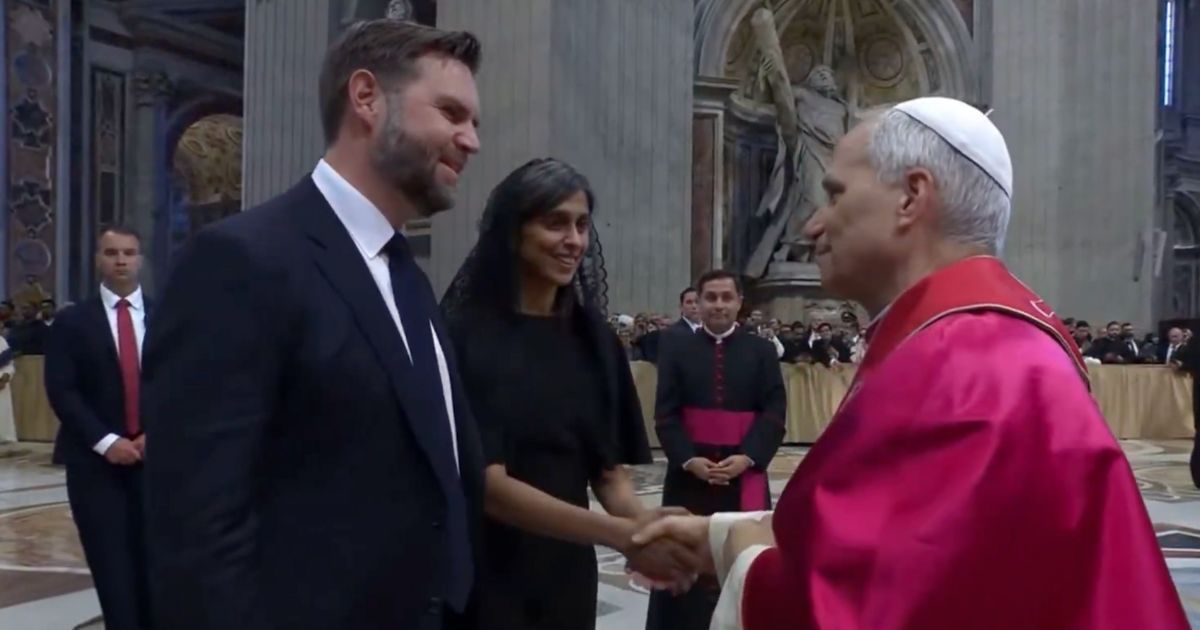In broadcast journalism, standing out often requires bold moves. Zjarr TV, an Albanian news outlet, took this to extremes by featuring braless female anchors.
Introduced in 2016, this provocative style grabbed international headlines and fueled heated discussions.
The network’s female presenters delivered reports in open jackets without tops, creating a striking visual that captivated viewers in Albania and beyond. While controversial, Zjarr TV argued it was more than a ratings grab, rooted instead in the country’s media history.
A Bold Response to Albania’s Past
Owner Ismet Drishti framed the format as a rebellion against Albania’s restrictive past under communist dictator Enver Hoxha.
For decades, state censorship and propaganda dominated news. Drishti told AFP the “naked news” approach aimed to deliver truth, raw and unfiltered, in a landscape still influenced by political agendas.
The concept quickly boosted ratings, turning presenters into celebrities. Enki Bracaj, a 21-year-old journalism student, became the face of Zjarr TV’s international segment. Her confident, revealing style drew praise and criticism alike, but her popularity soared.
Bracaj embraced the strategy, recognizing the need to stand out in a crowded field. “To get noticed, I had to be brave and unique,” she said, noting her parents’ support was crucial. Her rise highlighted the competitive nature of modern media.
However, her stint at Zjarr TV ended abruptly. Officially, salary disputes drove her exit, but colleagues suggested her Playboy modeling offer played a role.
In Albania, where 60 percent of the population is Muslim, full nudity crossed a cultural line, clashing with the network’s boundaries despite its edgy reputation.
Legacy of Controversy
Zjarr TV’s experiment remains divisive. Supporters see it as a challenge to outdated norms and media double standards for women.
Critics argue it objectified female anchors under the pretense of innovation. Either way, it left a lasting mark on debates about media ethics, freedom of expression, and the blurry line between journalism and entertainment.
This bold chapter in Albanian television continues to resonate, raising questions about representation and morality in newsrooms worldwide.





